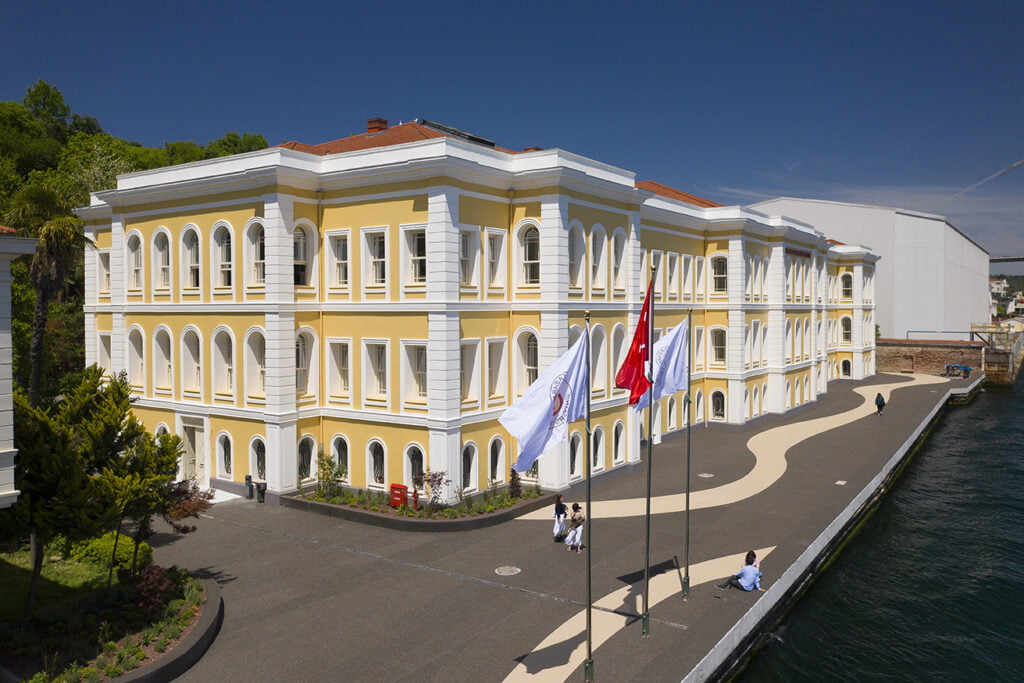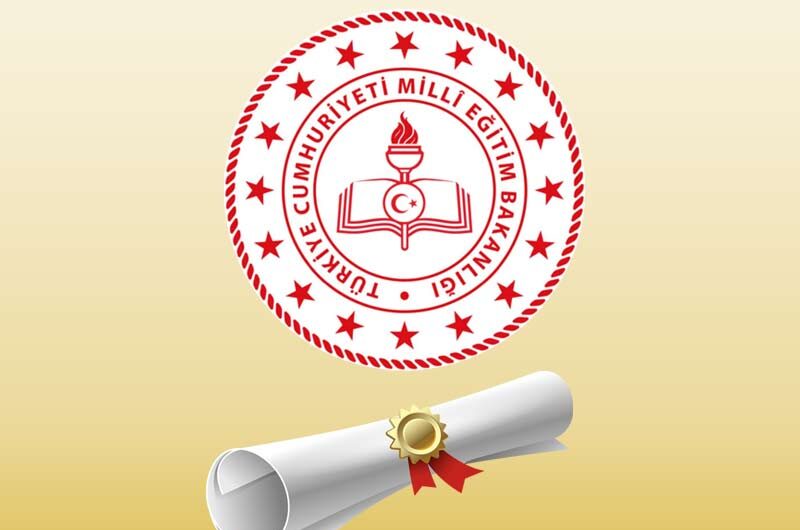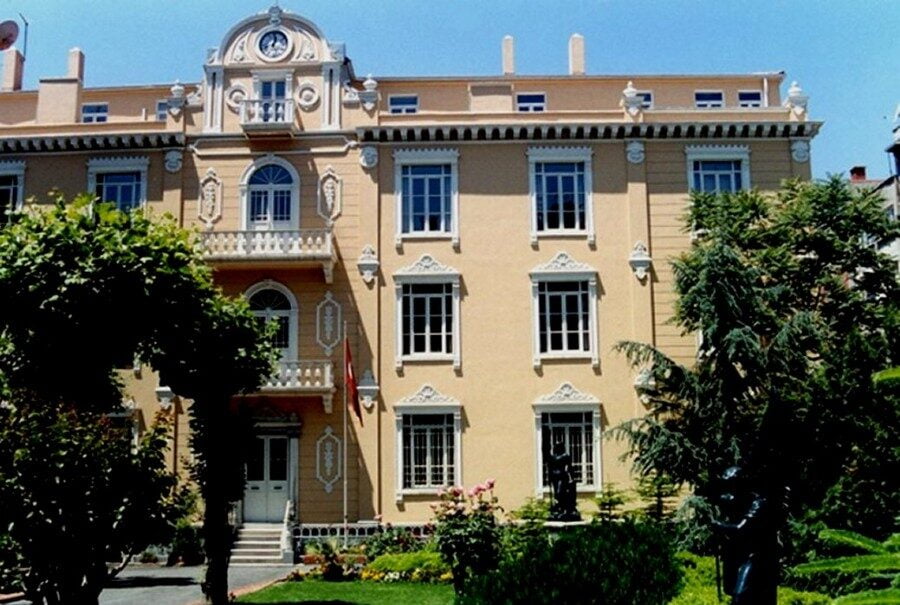Students moving to Turkey often find themselves with a myriad of questions. How will life change? What must be done before relocating to Turkey? Let’s face it, uprooting your life can be as tricky as solving a complex puzzle. But don’t fret. We’ve gathered the top FAQs about Turkey faced by international scholars. This Turkey student guide is here to illuminate the path with clarity and ease, offering insights into everything from visas to cultural quirks. When it comes to living in Turkey, curiosity often bubbles up like a pot of Turkish tea. Here, we answer your burning questions, ensuring you step into this new chapter with confidence. Tread confidently on your academic journey with the right information in your pocket. Whether you’re curious about academic life or cultural nuances, we’ve got you covered. Dive in and discover everything you need to know before making this transformative move.
Navigating Cultural Differences: What Students Should Know
Moving to a new country like Turkey is thrilling, but students often find cultural differences challenging at first. Turkey is a fusion of ancient traditions and modern vibes, and living in Turkey means adapting to this unique mix. Daily routines might change when relocating to Turkey. For instance, tea isn’t just a drink; it’s a ritual, perfect for connecting with locals. But in Turkey, gestures can speak as loudly as words. A simple nod or handshake seals friendships. Students moving to Turkey often wonder how to strike a balance between respecting local customs and staying true to themselves. Our Turkey student guide delves into these nuances, ensuring you’re well-prepared. Embrace curiosity and be open to new experiences, and you’ll soon find that understanding cultural quirks is like piecing together a magnificent mosaic. Stick with it, and those cultural differences will transform from puzzling to enriching.
Understanding cultural norms is crucial for students moving to Turkey. Imagine stepping onto a vibrant dance floor where every step matters. To make the most out of living in Turkey, students should embrace adaptability. Knowing basic phrases in Turkish, like “teşekkür ederim” (thank you), can open doors, sparking warmth and appreciation in locals. It’s about weaving into the social fabric and catching the rhythm. However, questions like “How do I fit in?” often arise. That’s where our FAQs about Turkey provide a lifeline. From gender roles to dining etiquette, the Turkey student guide sheds light on customs that may initially baffle newcomers but soon become second nature. Relocating to Turkey is not just a physical journey but also an exploration of the mind. Learn to see things from a local lens, and this land rich with history and hospitality will feel like a tapestry you’re slowly becoming part of.
When students moving to Turkey first arrive, they quickly notice that navigating cultural differences involves understanding more than just customs. It’s like learning a new dance—watching closely, stepping carefully, and sometimes stumbling before you find your groove. Living in Turkey introduces some fascinating traditions that may surprise newcomers. For example, the concept of “misafirperverlik,” or hospitality, stretches beyond offering tea. It’s about welcoming strangers warmly and creating a sense of belonging. Our FAQs about Turkey highlight not only etiquette but also ways to connect meaningfully with locals. Relocating to Turkey means stepping into a space where gestures, hospitality, and respect for elders intertwine to form social norms. The Turkey student guide emphasizes these vital elements, enabling students to seamlessly fit into Turkish society. As students thread through these cultural layers, they’ll come to see that living here is a profound journey shaped by human interaction and lasting connections.
Housing and Accommodation Options for International Students
Finding a place to call home is often the first big hurdle for students moving to Turkey. With so many choices, where do you even begin? From bustling city apartments to serene campus dormitories, the housing landscape caters to varied tastes and budgets. Are you keen on immersing yourself in local culture? Then perhaps sharing an apartment with local peers might be your ticket. On the other hand, university accommodations offer convenience right on your doorstep. But remember, securing a spot requires early planning—and quick action. Navigating the rental market can be daunting, but don’t let it rain on your parade. Research, connect with student networks, and look for online resources—your Turkey student guide for finding a cozy nook. As you embark on your journey of living in Turkey, know that a welcoming home awaits, ready to transform your new adventure into a comfortable routine.
Moving to Turkey introduces students to a vibrant housing scene brimming with options. As an international student, you might feel like a kid in a candy store with so many choices available. Whether cozying up in a private apartment or mingling with fellow scholars in a more communal setting, you’ll find the ideal space for your needs. Many universities extend a helping hand through their accommodation offices, which guide you through this often perplexing maze. On-campus housing can weave an enriching social tapestry around your student experience, offering instant camaraderie. If your heart is set on living off-campus, research thoroughly and visit areas before signing any agreements. Always read the fine print and grasp the lease details fully. The students moving to Turkey often rave about public transportation options, making distant neighborhoods accessible and affordable. Ready yourself for this journey in the housing chase; a perfect place is waiting to become your Turkish abode.
Living in Turkey opens doors to numerous housing opportunities, vital for students moving to Turkey. Often, FAQs about Turkey voice concerns about finding the right fit. How do you know which choice aligns with your needs? Relocating to Turkey is not just about packing bags; it’s about understanding your options. University dormitories remain a favored choice, offering an easy transition into academic life. For those seeking independence, renting apartments provides a taste of Turkish neighborhood living. Dive deep into the Turkey student guide, exploring forums and student groups to gather firsthand insights. Besides housing, living in Turkey offers vibrant cultural experiences just beyond your front door. Lean into local tips and network with fellow international scholars to uncover hidden gems. It’s not merely about where you stay, but how you weave your experience; each decision contributes to a tapestry of memorable Turkish tales.
Understanding the Turkish Education System and Its Benefits
Embarking on an academic journey in a new country may feel like uncharted territory, yet understanding the Turkish education system eases the transition for students moving to Turkey. Widely known for its blend of tradition and innovation, Turkey’s universities offer a diverse curriculum and multicultural environment that appeals to international students. The system supports a spectrum of programs, from undergraduate to doctoral levels, providing expansive opportunities for academic growth. The benefits of relocating to Turkey for education extend beyond the classroom, encompassing enriching cultural exchanges and vibrant campus life. As per the Turkey student guide, learning in Turkey is not just about textbooks; it’s an immersive experience that fosters global perspectives. Navigating the system may spark questions, but rest assured, it’s not as steep as it seems. Always remember, every step taken in understanding fosters clarity—your ticket to living in Turkey with an open mind and open heart.
For students moving to Turkey, grasping the essence of the Turkish education system can feel like peeling layers of a vibrant artichoke—each layer revealing unique flavors. FAQs about Turkey often highlight the competitive edge Turkish universities offer, with many institutions holding global rankings. The curriculum is steeped in both ancient heritage and future-forward thinking. Relocating to Turkey thus becomes an opportunity to immerse oneself in this academic symphony. Besides traditional lectures, students are often encouraged to participate in collaborative projects and research, expanding their intellectual horizons. The Turkey student guide points out that language is less of a barrier than one might think, with many programs offered in English. Such diversity enriches the living in Turkey experience, making it vibrant for academics. Ultimately, embracing these educational nuances is akin to tasting the diverse spices of Turkish cuisine—each blend adds depth and richness to one’s scholarly pursuits.
Transitioning to a new academic system can be daunting, yet it uncovers the rich tapestry of Turkish education. Students moving to Turkey find that its educational framework, characterized by both accessibility and depth, caters to diverse academic goals. Emphasis on research, combined with interaction across varied curricula, equips scholars with globally relevant skills. FAQs about Turkey frequently emphasize the practical exposure and networking opportunities provided within its universities, crafting a dynamic academic life. Additionally, the Turkey student guide often underscores scholarships and financial aids, easing the path for international learners. An important facet of living in Turkey lies in adapting to its examination patterns and classroom interactions, which are integral to academic success. Relocating to Turkey thus becomes more than a physical shift; it’s a profound educational venture that enriches one’s potential. Ultimately, the experience reflects Turkey’s educational panorama—where tradition meets opportunity, creating an enriching sojourn for the curious mind.
Disclaimer: This article is for general informational purposes only and you are strongly advised to consult a professional to evaluate your personal situation. No liability is accepted that may arise from the use of the information in this article.







